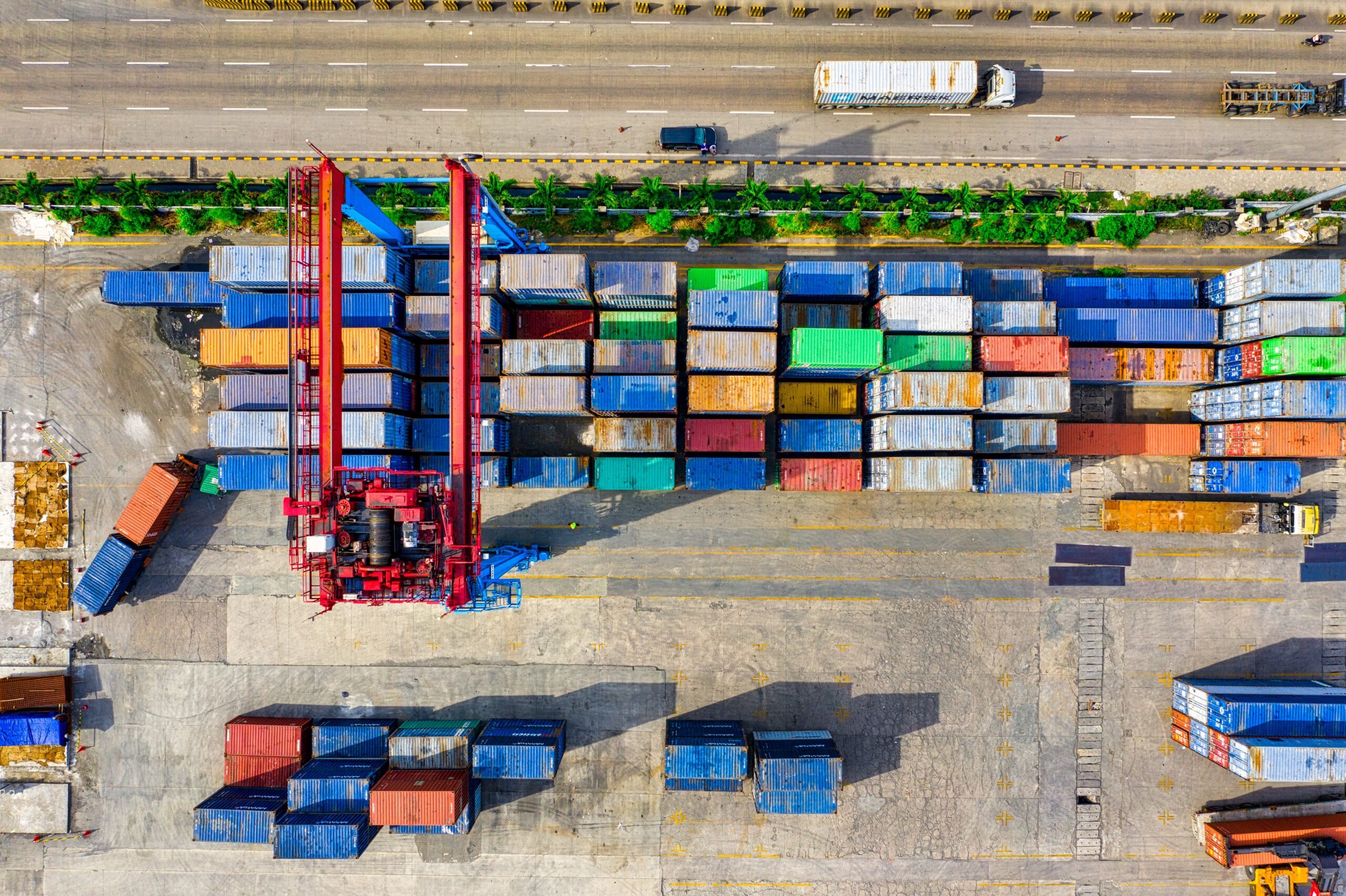What is ADR?
The ADR regulation represents the international agreement relating to the transport of dangerous goods by road. The acronym “ADR” means Agreement for transport of Dangerous goods by Road. This agreement was signed in Geneva in 1957 and came into force in 1968, and has currently been signed by 54 countries including Italy. The main objective of the ADR agreement is to harmonize the various safety regulations regarding the transport of dangerous goods, in order to guarantee a high level of safety during transport.
Who is it directed at?
The ADR regulation is aimed at all those operators who, in various capacities, are involved in the transport of dangerous goods (shipper, transporter, recipient, loader, unloader, packer, filler and manager of a container-tank or a mobile tank).
In fact, in Legislative Decree 35/2010, it is specified that every company whose activity involves the transport of dangerous goods, or packaging, loading-unloading or shipping operations, must designate one or more consultants for the safety of the transport of dangerous goods (ADR Consultant).

The ADR Consultant
The Consultant is appointed by the company and has the main task of ensuring compliance with the provisions regarding the transport of dangerous goods. The Consultant must possess an ADR professional training certificate issued by the Ministry of Infrastructure and Transport, following passing the exam. The main task of the Consultant is to facilitate the work of preventing risks for people, goods and the environment inherent to the transport operations of dangerous goods.
Accession to Multilateral Agreement M351
In May, Italy also joined the M351 multilateral agreement, presented by Great Britain on 10 January.
The Agreement provides for exemption from the appointment of the ADR consultant for “occasional shippers, companies that perform the role of shipper of dangerous goods pursuant to the current paragraph 1.8.3.2 of the ADR, i.e. shippers:
“which do not carry out, as a principal or ancillary activity, transport of dangerous goods or packing, filling, loading or unloading operations connected to such transport, but which occasionally carry out national transport of dangerous goods, or packaging operations, filling, loading or unloading operations connected to such transports which present a minimal degree of danger or risk of pollution”.
The agreement will be valid until December 31, 2024.
In this regard, it is recalled that after this date following the entry into force of ADR 2025, the modification proposed by Great Britain (document ECE/TRANS/WP.15/AC.1/166) in this regard will be valid. to the exemption of the appointment of the consultant by “occasional” shippers (subject in any case to the issuing of legal provisions to this effect by the competent national authorities).
With the 2025 edition of the ADR, paragraph 1.8.3.2 will be amended as follows: “The competent authorities of the Contracting Parties may provide that these provisions do not apply to undertakings:
a) Reserved
b) whose activities concern quantities, for each transport unit, not exceeding the limits defined in 1.1.3.6 and 1.7.1.4 as well as in chapters 3.3, 3.4 or 3.5; that is to say
c) which do not carry out, as a main or ancillary activity, shipments, transports of dangerous goods or packing, filling, loading or unloading operations connected to such transports, but which occasionally carry out shipments, national transports of dangerous goods, or packing, filling, loading or unloading operations associated with such transport which present a minimal degree of danger or risk of pollution.”
